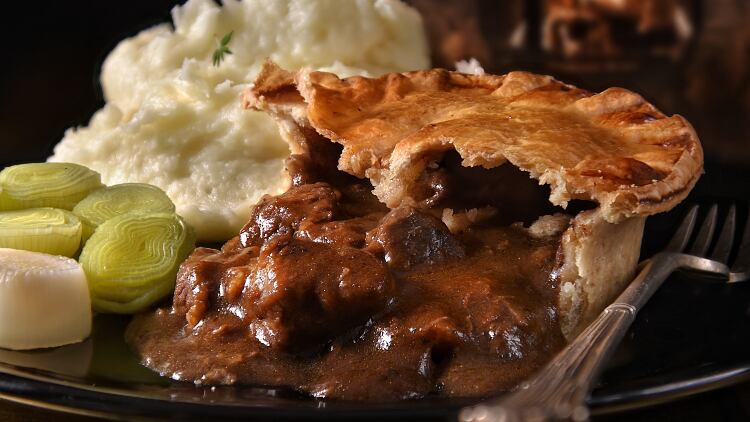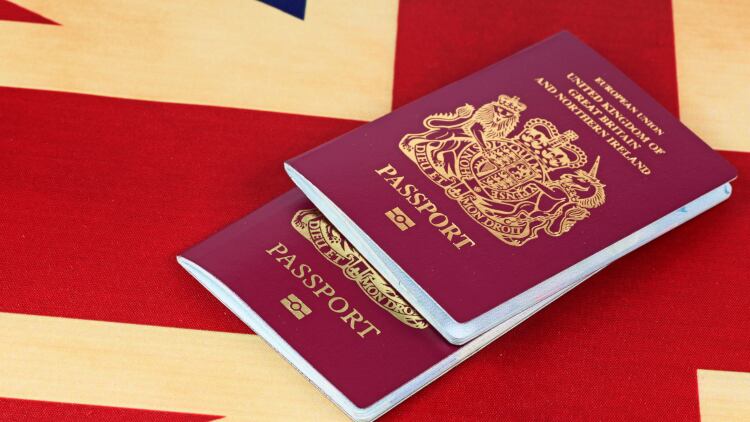Outside catering company
Q: I have been approached by a catering company that would like to sell hot food at my pub during the evenings until I close at midnight. It’s a great opportunity.
Can you let me know whether there are any restrictions?
A: In order to provide hot food after 11pm, you will need permission to provide late-night refreshment on your premises licence as a licensable activity. You should also check your premises licence to see whether there are any conditions restricting the sale of hot food and drinks.
If you do not have permission or there are conditions that need to be addressed, an application to vary your premises licence will be required under the Licensing Act 2003 or alternatively authorisation under a temporary event notice.
If you are simply adding late-night refreshment to your licence, this can be done by way of a minor variation application.
However, if you are adding in a kitchen or fixed seating or foodservice areas, these may need to be shown on the licence's approved plan and, again, may require a variation. Whether this is a full or minor variation will depend on the proposals and the attitude of your local authority.
If the food offer is something new to the business, you will also need to register with your local authority as a food business.
You should also ensure you have checked you are complying with other relevant regulations such as planning, health and safety and food safety.
Consent to transfer licence
Q: I am in the process of acquiring a licensed premises. However, the current owner is being particularly difficult and has asked for a ludicrous sum of money to give me his consent to transfer the premises licence.
Is there any way round this?
A: I would suggest the terms of your property contract should incorporate a requirement for a signed consent permitting transfer of the premises licence to be provided to the purchaser by the seller on completion of the property transaction.
If the seller is a landlord who has leased the premises to the premises licence holder (PLH), this would place the onus on the landlord to obtain the consent. However, the PLH could still demand payment for his consent.
A signed consent form is normally required as part of the transfer application. If you are unable to obtain the signed consent then the Licensing Act 2003 does allow the licensing authority to transfer the premises licence where you have made reasonable efforts to obtain a signed consent.
However, if the PLH has actively refused to sign a consent form, some licensing authorities will be less willing to process a transfer application, regardless of the fact that the seller no longer has an interest in the premises.
If you cannot obtain a signed consent, the only other option is to apply for a new premises licence yourself, which will take a minimum of 28 days.
This may well be cheaper than paying the current holder but you should also consider the risks, especially if the premises is located in the council’s cumulative impact policy areas, where there is a rebuttable presumption that all applications for new premises licences will be refused.
You should ensure these issues are considered and, if appropriate, addressed in the terms of your lease or contract agreement before exchanging and completing on the purchase.




